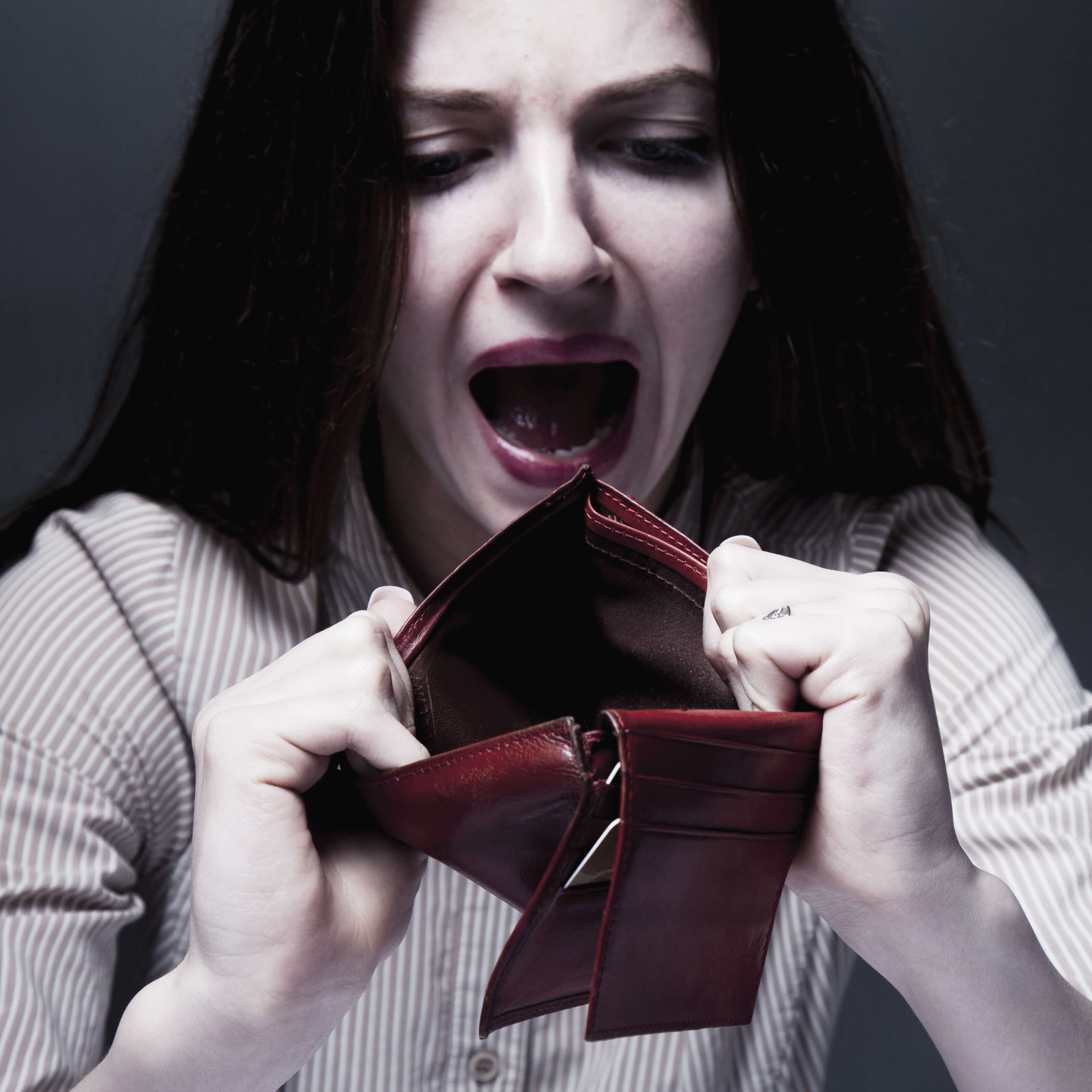Which sounds better: “dynamic pricing” or “surge pricing?” The help section on Uber’s website recognizes both terms, but the latter is the one that tends to incite the general public’s outrage. This reaction is surprising, as providers of goods and services have long made adjustments to price depending on factors like supply and demand.
Surge pricing is a result of the simple economic principles of supply and demand. Demand and supply have an inverse relationship; when one is high, the other is typically low. But in extreme situations with high demand and low supply, increases can come across as price gouging, a term with wholly negative connotations. Is there a difference between fluctuations due to demand and opportunistic price gouging? When do price increases stop being reasonable and start seeming unnecessarily greedy?
Keeping things fair
It’s an issue of fairness, or at least what we perceive as fair. People prefer not to feel like they’re being exploited. A recent article in The New York Times argues this point and uses Bruce Springsteen tickets, tolls and The Home Depot’s response to a recent hurricane as examples to illustrate the public’s reaction to different kinds of price gouging. The Home Depot, for example, worked hard to increase supply during a shortage so as not to raise prices, which left customers happy.
You’ll find another example of supply and demand in Washington, D.C., where an experimental toll road alters fares based on traffic conditions. This way, drivers willing to pay more will drive on a less-congested roadway, as fewer drivers are willing to shell out extra cash for a quicker commute. You’d be hard-pressed to find objections to this.
But with Springsteen tickets? Though initially sold directly, second-hand ticket scalpers raised the prices astronomically. Unchecked fan demand got in the way of “fair” prices, originally capped at $850. Now tickets are going for as much as $9,999. The fairness, however fair $800 concert tickets may be, was compromised. If nothing else, this shows how much people are truly willing to pay for something in limited supply and how high prices can go if these exchanges are unregulated.
Higher Stakes
So far, none of these examples are malicious, but we can take supply and demand to its extremes. When Martin Shkreli, legally in his right to do so, increased the price of a toxoplasmosis medication by 5,500 percent, moral outrage ensued.
Is it fair that people die as a result of the market’s whims, unable to afford treatment for their in-demand medication? Many draw the line here; of course, the market itself is unconcerned with morality.
Takeaway
We use so many goods and services on a daily basis that we don’t realize how many of them are necessary and how many aren’t. We get used to occasional, incremental price increases on our Starbucks coffee and Netflix memberships after weak initial resistance. We justify those expenses. We only really shift the focus to fairness in cases that affect personal well-being or costs of living. Getting charged significantly more for an Uber in a high-traffic area is annoying because the sudden change feels arbitrary. Paying too much for medication feels unfair, as there shouldn’t be a premium on human life. But if people are willing and able to pay, the market will continue to be predicated on supply and demand.
The general public responds favorably to price changes in many instances, as long as the changes present as part of a fair sliding scale. The scale should be responsive to demand, not affecting people’s access to necessities. When it’s tipped too quickly or obviously in one direction, market fluctuation feels like exploitation.
Have something to add to this story? Comment below or join the discussion on Facebook.
Header image: Adobe Stock









































